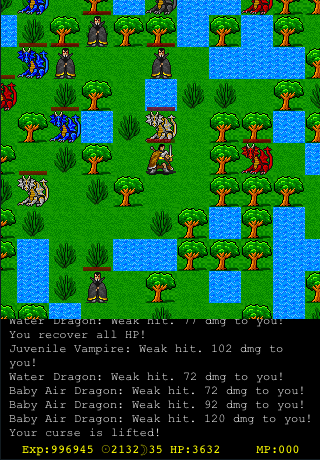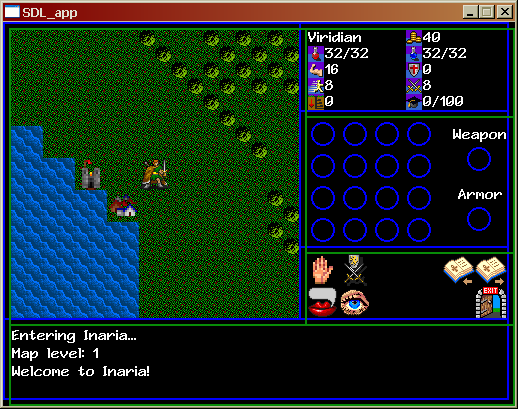Lured by the promise of potential Starcraft II beta keys, I went ahead and created a new Battle.Net account.
And I discovered something interesting that I hadn’t seen people mention much. You can add Starcraft, Diablo II, and Warcraft III to your account just by typing in your (valid) CD key for each product.
At which point Blizzard will store the key and allow you to download and install the games onto any computer.
Which means that, for the first time since its release ten years ago, you can finally play Starcraft without needing a disc in the drive. Same thing for Diablo II. (To Blizzard’s credit, they did remove the CD check from Warcraft III a few updates back.) Indeed, you don’t need the discs OR the cd keys ever again, as long as you’ve got an internet connection.
This is progress of the highest order. The only thing lacking is the ability to buy the games online (Blizzard will still ship you a physical box if you order a game from them). Once that happens, Battle.Net will effectively be Blizzard’s version of Steam or Impulse.
Of course, you can’t add Diablo I or Warcraft I or II…which is kind of disappointing. Maybe that’ll get fixed later. Maybe Blizzard could offer those games as freebies to people who have purchased enough Blizzard products (which, goshwow, I think I have.)


